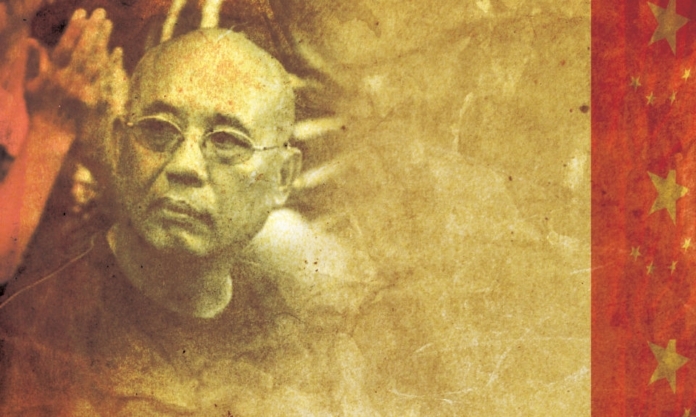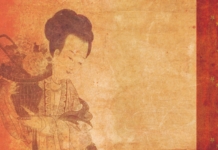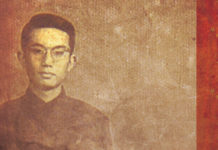He Qun (何群) was a multi-award winning and respected Fifth Generation film director known for delivering truth in cinema, and for taking eight takes to get it right, earning himself the nickname, He Eight.
Born in Nanjing on 7 December, 1955, Qun found himself an adolescent as the Cultural Revolution hit. With his father denounced as a rightist, Qun was sent to Beijing to toil as a welder for 6 years.
Earning a place at the Beijing Film Academy, He graduated in 1982 from the Academy’s art department with a score of 78, the minimum required to be considered part of China’s Fifth Generation of film directors.
He joined China’s most celebrated director, Zhang Yimou, as a product of the Fifth Generation, while films such as “Farewell My Concubine” and “Raise the Red Lantern” are considered the epitome of the style pioneered by Fifth Generation directors.
He would begin his movie making as an art director, working on early Fifth Generation highlights such as 1996’s “The Big Parade” (大阅兵) and “Widow Village” (寡妇村) in 1988.
Then came the switch to director, with He making his debut with 1988’s “Mutiny” (哗变).
Acclaim was to come on his next film, “Steel Meets Fire” (烈火金刚), with the Ministry of Radio, Film and Television handing He and co-director, Jiang Hao, an Excellent Film Award in 1991.
As a solo director, He would find critical success with his 1994 drama, “Country Teachers” (凤凰琴), telling the story of a rural youth who failed the College Entrance Examination to become a primary school teacher. A sincere reflection of the touching deeds of teachers who insist on teaching under bad conditions, the movie won Best Picture at the Golden Rooster Awards (China’s equivalent of the Oscars).
Another film with an educational theme followed in 1996; “Boys and Girls” (男孩女孩). This time, He no longer dealt with teachers, but rather the inner emotional world of middle-school students. The film won an Outstanding Children’s Film Award at the 3rd China Huabiao Film Awards.
Stepping in front of the camera, in 2000, He guest starred as a pawnshop clerk in the legendary family drama, “The Grand Mansion” (大宅门). He recalled later, “I recited the lines over and over, but when it came to be shot, I either left two words out at the start or said the wrong words at the end. It took more than ten takes to do a single shot. All I could do is say, ‘I’m sorry’”.
Chen Baoguo, who played opposite him, saw a chance for revenge. “You think it’s so easy for us actors with you yelling at us three or four times when we were shooting ‘Red Crag’ (红岩)? You can have a taste of it this time!”.
Among the many other highlights in a decorated career was 2003’s “War Without Smoke” (没有硝烟的战争), a joint directorial affair that was China’s first television-reportage style of movie.
The story reflected the fight against SARS through the Guangdong medical workers who stepped forward in the face of danger, sacrificing their lives to save the dying and heal the wounded.
At 03:00 on 31 December 31, 2016, He died of heart failure caused by pneumonia at the age of 61. Later the same day, the China Film Directors Association issued an obituary, expressing its deep sorrow and infinite remembrance, accompanied by a review of He’s artistic life.
At the memorial held on 4 January, 2017, Zhang Yimou was among the many directors and actors gathered to pay their last respects to He.










